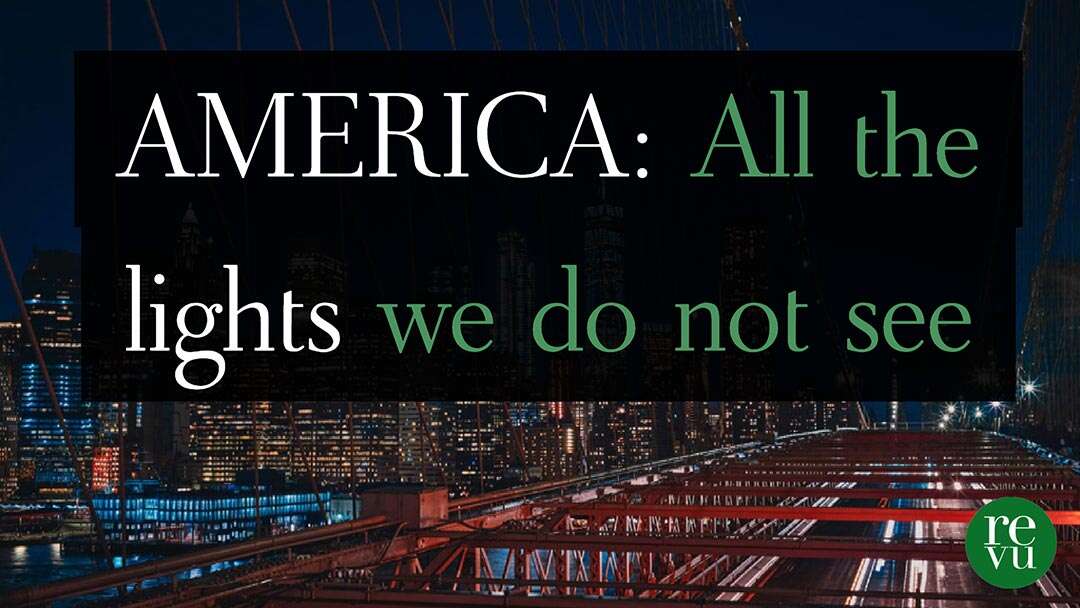Tragedy and bad news have a way of exaggerating themselves in our minds until it seems that evil is triumphing over good. With tragedy being the most of what we see and hear, it is easy for many to go blind to all the good things that outnumber the bad. For every life lost, there are millions saved. For every failure, there are an untold number of successes. Being alive itself, against all the odds of this world, is a remarkable feat that many fail to celebrate.
Here in America, there is so much good we do not see, so many blessings that we no longer count, so much of life’s music that we do not dance. Sometimes, for a different perspective, it is good for people to travel, not to other countries similar to America, but to second-world nations—to places with different ideologies and world views. Americans would appreciate this great country more if they experienced life in some other nation.
I grew up in Nigeria, which means I see America differently than many Americans. I see all the lights here that most Americans no longer see. The differences are obvious even in the little things. For example, much as the drivers in Utah are being criticized for their terrible driving, they still, at least, drive in straight lines and within their respective lanes. They still obey the traffic signals, most of the time. In Nigeria, the traffic signals are mere suggestions. People stop at the red lights only if they feel like it or if there’s an entire police department parked by the roads. There are no speed limits. People drive as fast or as slow as their moods allow. In America, even with all the criticism leveled against the police, and rightly so, people still dial 911 during emergencies. In Nigeria, there is no 911. During emergencies, Nigerians fight, pray or drive against traffic as fast as possible. The average American cannot survive in such conditions, and yet, there seems to be little appreciation for the American law enforcement system.
Here at UVU, there is much light, much to be grateful for, if only the students and faculty would see it. Again, it is in the little things. I have a degree from one of the best universities in Nigeria, but none of the classrooms in the university had a projector or a computer. The Fulton Library is up to date and has a great system with wonderful librarians, but UVU students don’t seem to notice. At some other universities, the books in the library are obsolete. When I was at University in Nigeria, there was no need to go to the library because you would hardly find anything useful for your research. UVU professors have their faults, but at least they come to class, and students even get to argue with them and call them by their first names sometimes. There is even something at UVU called Student Rating of Instructor, and there are rumors that professors can actually get fired based on these student evaluations. The professors at my previous university are gods that appear once to declare the syllabus and once again for final exams. You don’t address them by name. They only get fired when they offend some dean or well-connected fellow lecturer. Listening to many UVU students speak about the school and the professors, it is hard to think that they know how good they have it. It is easy for me to appreciate UVU because I have first person experience of how bad other universities in other countries can be.
This is not to say that all of us in America, at UVU, should pat ourselves on the back and stop striving for a better life, a better world. There is always room for improvement, and no space for complacency. But even as we try to make America great again, let’s not forget that America is still one of the greatest nations in the world. Once in awhile, we should pause and count the blessings.









